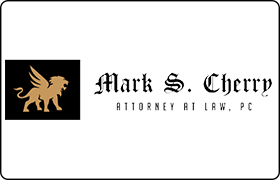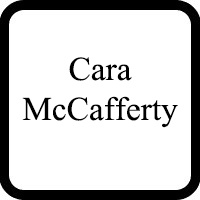Cherry Hill Estate Lawyer, New Jersey
Sponsored Law Firm
-
 x
x

Click For More Info:
-
Mark Cherry Law
385 Kings Highway North Suite 101 Cherry Hill, NJ 08034» view mapEstate Where Every Client Matters
We want our clients to be confident and secure knowing we are a law firm ready to take on the fight and challenge with them.
800-824-6431
Mark Stuart Cherry
✓ VERIFIEDMark S Cherry, Attorney at Law, PC is a general practice professional law firm in Cherry Hill, NJ that, in addition to the general practice of law, as... (more)
Thomas Bullock
✓ VERIFIEDThomas Bullock is a practicing lawyer in the state of New Jersey & has been licensed for 45 years. Attorney Bullock received his J.D. from Widener Uni... (more)
Cara McCafferty
✓ VERIFIEDI am an enthusiastic and very capable attorney that has own practice. With over 12 years of experience, I am confident that my abilities can meet your... (more)
George C. Greatrex
FREE CONSULTATION
CONTACT Mark Cherry Cherry Hill, NJ
Mark Cherry Cherry Hill, NJ AboutMark Cherry Law
AboutMark Cherry Law Practice AreasSpecializations
Practice AreasSpecializations



